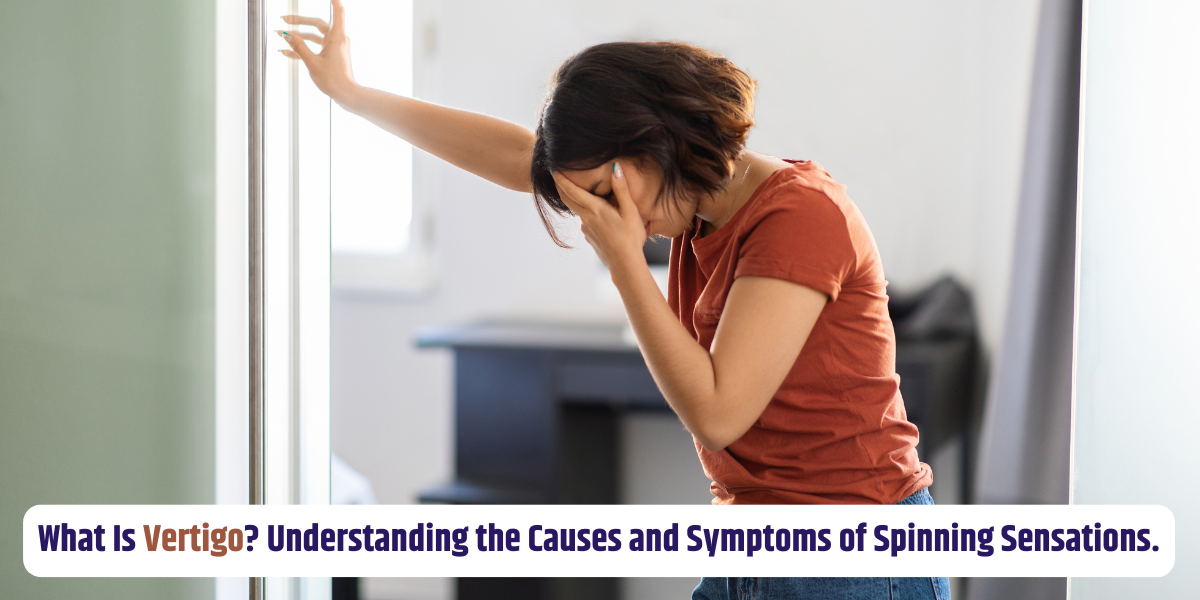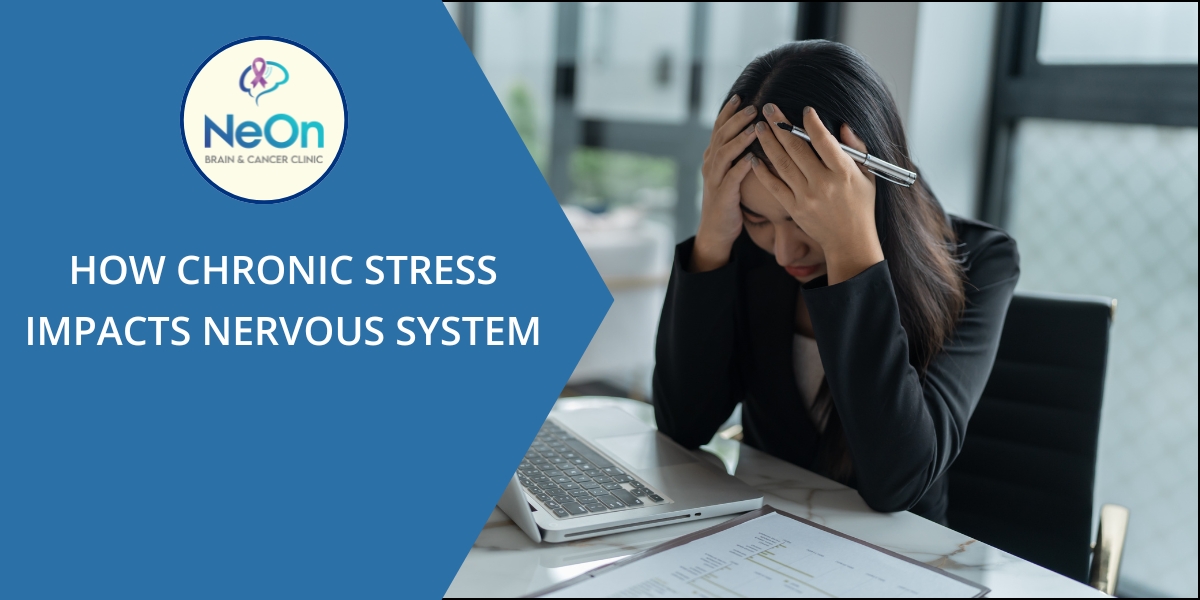What Is Vertigo? Understanding the Causes and Symptoms of Spinning Sensations.
Vertigo is a type of dizziness that makes you feel as though you or your surroundings are spinning or moving. It can be unsettling and cause a lot of discomfort. Let’s explore some common questions people have about vertigo and its symptoms.
What causes vertigo?
Vertigo often happens when there is an issue with the inner ear or the brain. The inner ear controls your sense of balance, and when it’s not working right, it can lead to the feeling of spinning. Some common causes of vertigo include:
Benign Paroxysmal Positional Vertigo (BPPV): A common cause where tiny crystals in the ear become dislodged.
Meniere’s disease: An inner ear problem that can lead to vertigo, hearing loss, and ringing in the ear.
Vestibular neuritis: Inflammation of the nerve that helps with balance, often due to an infection.
Head injuries: Trauma to the head can cause vertigo symptoms to develop.
Migraine headaches: People with migraines may experience vertigo as part of their symptoms.
If you are experiencing vertigo, it’s a good idea to see a neurologist like Dr. Sadique Pathan, a Neurologist in Hadapsar, to get to the bottom of the cause.
What are the symptoms of vertigo?
The most common symptom of vertigo is the sensation of spinning, which can occur when you move your head or even when you are still. Other symptoms may include:
Nausea or vomiting
Sweating
Difficulty standing or walking
A feeling of fullness in the ear
Ringing in the ears (tinnitus)
If you notice these symptoms frequently, it is important to consult a neurologist, like Dr. Sadique Pathan, to help identify the cause and discuss treatment options.
How is vertigo diagnosed?
To determine the cause of vertigo, a neurologist ,Dr. Sadique Pathan may perform a variety of tests, including:
Physical exams: Testing your balance and eye movements.
Hearing tests: Checking for any ear problems that could be contributing to vertigo.
Imaging tests: In some cases, an MRI or CT scan may be used to rule out other conditions.
How is vertigo treated?
Treatment for vertigo will depend on the underlying cause. Some common treatments include:
Vestibular rehabilitation: Exercises to improve balance.
Medications: To help with nausea or inflammation in the inner ear.
Canalith repositioning maneuvers: A technique used to treat BPPV.
Surgery: In rare cases, if vertigo is caused by a serious condition.
If you are struggling with vertigo, visiting a neurologist like Dr. Sadique Pathan can help you find a treatment that works for your situation.
When should I see a doctor for vertigo?
You should see a doctor if:
Your vertigo is severe or persistent.
You experience vertigo after a head injury.
You have trouble walking or standing.
You experience additional symptoms like vision problems, difficulty speaking, or weakness.
Consulting Dr. Sadique Pathan, a Neurologist in Hadapsar, can provide guidance on the best course of action.
Vertigo is a common problem that can be managed with the right diagnosis and treatment. Don’t hesitate to consult a neurologist if you experience these spinning sensations.



